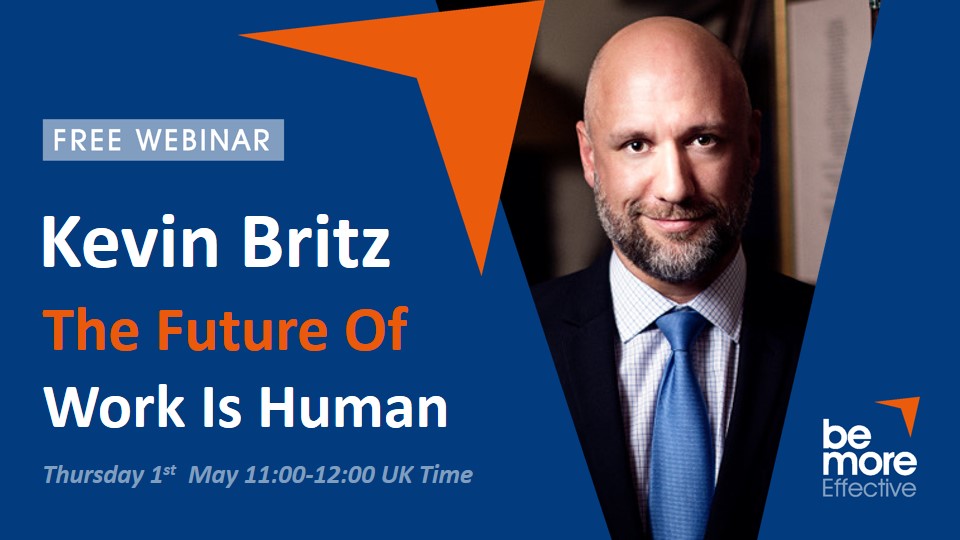The Employment Market- What It Looks Like At The Moment

The employment market has been through a turbulent few years following the COVID-19 pandemic. Working conditions have changed, employee demands are evolving, and millions of people are leaving their jobs in what’s being called the great resignation. Given the volatility of the market, it’s crucial that employers and jobseekers stay on top of market trends to avoid any unexpected surprises. With this in mind, here are three trends in the employment market and the jobs that will be mos...
Read moreThe Best Ways To Attract And Retain Staff

Attracting and retaining staff is an ever-growing problem for businesses in the UK. Around 81% of SMEs struggle to recruit new staff, while 41% of larger companies are finding it harder to attract the right candidates each year. To change these downward trends, businesses will need to adapt both how they attract new team members and how they retain their current staff, offering unique incentives and packages to keep their teams happy. This article will look at ways to attract new staff and h...
Read morePeople Skills: Building Great Relationships

No matter how great of an individual someone may be, they’ll need others around them to unlock their full potential. This requires people skills and in particular, the skill to build relationships. Our ability to build relationships will ultimately determine our success both inside and outside of work. However, much like any skill, developing great relationships takes time. With that in mind, here are several ways to build great relationships both inside and outside the workplace.
Read moreWould you like £90 towards regulated training?

Five years ago, Be More Effective launched a sister company called Key Performance Training. Key Performance Training provides a variety of regulated industrial sector training and certification for both employers and employees across the UK.
Read morePractical Thinking Tools For A Hectic World

As technology becomes advances, the ways we interact with one another are also changing. Workplaces are being replaced by home desks. Meetings are being replaced with zoom calls. And local business connections have turned to worldwide networks. While there are many benefits to these advancements, they don’t come without consequences
Read moreThe Benefits Of Equality And Diversity In The Recruitment Process

Recruitment is a difficult process for many businesses. The right candidate can make or break a team, which puts recruitment teams under significant pressure to find the right person for the job. However, most businesses look at recruitment the wrong way, especially when it comes to equality and diversity. Many look at diverse recruitment from a legal position, meeting diversity targets instead of the many benefits that come with diverse teams.
Read moreReasons to Use Recruitment Support

It’s no secret, recruitment is difficult. It’s a resource heavy process that puts a strain on your finances, time and employees looking for candidates. Recruitment can also be risky for businesses. According to the Recruitment & Employment Confederation (REC), 40% of businesses realise they’ve hired the wrong candidate within two weeks, costing them around £132,000.
Read moreWhat Followers Want From Leaders

When it comes to effective leadership, everyone has a different opinion on the best leadership style. Some believe in visionaries like Steve Jobs and Richard Branson, while others look towards empathetic leaders like Gary Vaynerchuk and Oprah Winfrey. While leadership styles vary from one individual to the next, there are certain traits that followers prefer over others. These traits lead to effective teams, revolutionary ideas, and great workplace environments. But what makes a good leader?
Read moreFlexible working uptake

With its many benefits, we believe flexible working should be the norm - not the exception - for UK workers, and central to the creation of inclusive and productive workplaces. In the context of a global pandemic, flexible working remains as relevant as ever for both employers and policymakers.
Read moreEmployee Health And Wellbeing

Employee health and wellbeing should be a core element of any HR strategy and central to the way an organisation operates. This is especially critical given the impact of the coronavirus pandemic on employees' mental health and wellbeing.
Read more

